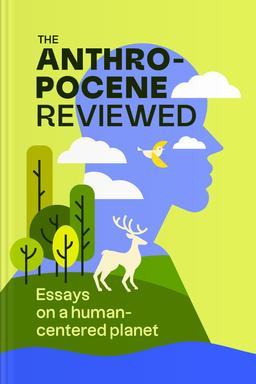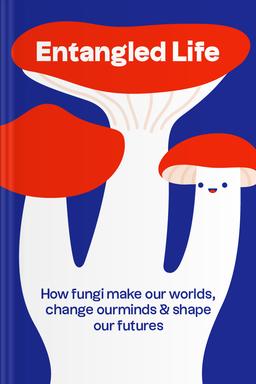What is Falter about?
This thought-provoking book explores the dire consequences of climate change and human activity on the planet. It examines the interplay between technology, economics, and the environment, questioning whether humanity is steering its own course towards disaster. McKibben challenges readers to confront the impending crisis and consider the choices that lie ahead, urging a reevaluation of our relationship with nature before it's too late.
Who should read Falter
- Environmental activists concerned about climate change
- Philosophers exploring human existence and futures
- General readers interested in sustainability and ecology
What is Vesper Flights about?
This collection of essays weaves together nature, memory, and personal reflection, exploring the profound connections between humans and the animal kingdom. Through lyrical prose, the author shares her encounters with various birds and other wildlife, revealing philosophical insights and intimate stories that highlight the beauty and fragility of the natural world. Each piece invites readers to contemplate their place within the ecosystem and the lessons nature imparts.
Who should read Vesper Flights
- Nature enthusiasts seeking lyrical prose
- Fans of personal memoirs and nature writing
- Readers interested in the intersection of science and art
What is The Anthropocene Reviewed about?
This collection of essays explores the complexities of the human experience within the framework of the Anthropocene epoch. Through personal reflections and cultural critiques, the author examines various aspects of modern life, from mundane pleasures to profound existential dilemmas. Each essay provides insightful commentary on how humanity interacts with the world, ultimately celebrating the beauty and chaos of existence while contemplating our impact on the planet.
Who should read The Anthropocene Reviewed
- Fans of thought-provoking essays
- Readers interested in climate change perspectives
- Anyone seeking a deeper understanding of humanity's impact
What is Entangled Life about?
This enlightening exploration delves into the intricate world of fungi, revealing their vital role in ecosystems and human life. The work combines science, history, and personal anecdotes to illustrate how fungi influence our environment, health, and perception. Through compelling narratives, it challenges readers to reconsider their relationship with the natural world and emphasizes the interconnectedness of all life forms, showcasing fungi as essential architects of life.
Who should read Entangled Life
- Nature enthusiasts exploring the secret lives of fungi.
- Science lovers interested in interconnected ecosystems.
- Readers seeking inspiration from nature's hidden networks.
What is The Future We Choose about?
This compelling read outlines the urgent need for action against climate change, presenting a blueprint for a sustainable future. The authors, key figures in global climate negotiations, explore the choices we face and advocate for collective responsibility in combating environmental degradation. Through engaging insights and practical strategies, the book emphasizes hope and resilience, urging readers to envision and work towards a livable planet for future generations.
Who should read The Future We Choose
- Environmental activists seeking practical solutions.
- Students studying climate change and sustainability.
- Policy makers interested in climate action strategies.




